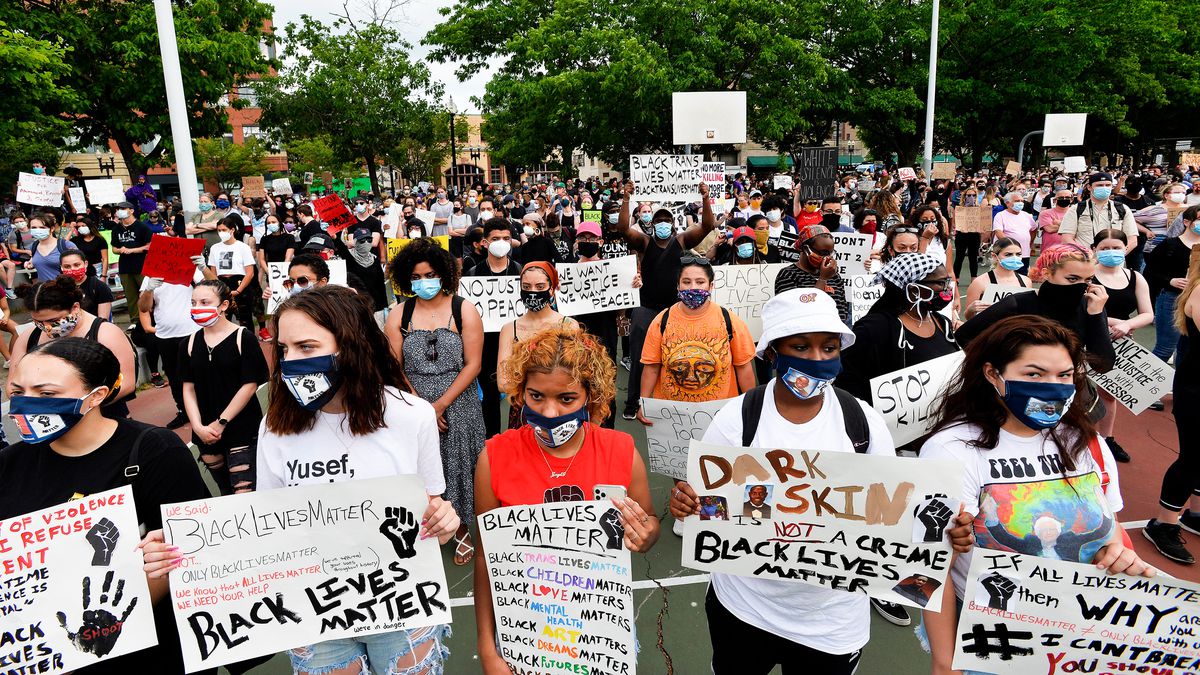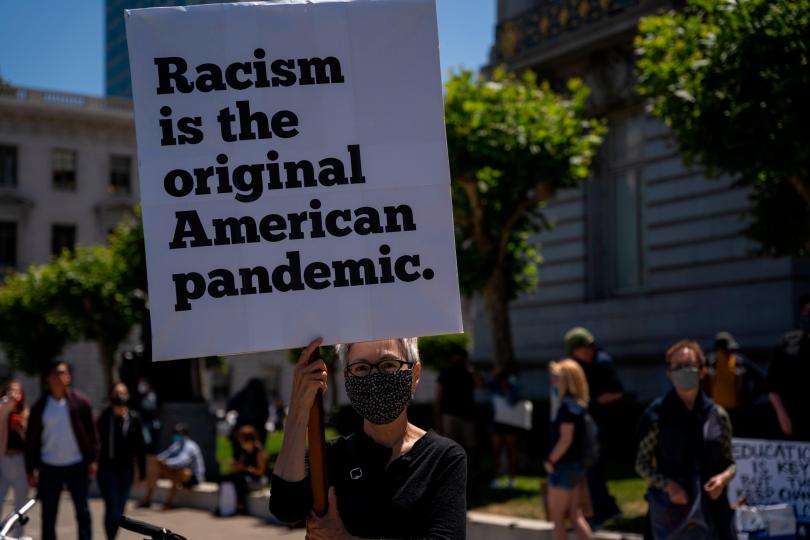During my first year in the US as a visiting scholar from India, on a visit to an American professor’s family, his wife was curious to understand India’s infamous caste system. After I had explained how the system had degenerated to exploit, discriminate, deny opportunities, and oppress the people of lower castes, she exclaimed, “Whoa, I would never want my kids to live in such a society!”
My immediate reaction was one of disbelief as she was easily appalled about the existing inequalities in Indian society, yet oblivious to the similarities of the system in the US. Although I wondered why it was so difficult for her to see that class-related oppression is not a third world problem, I remained silent.
However, a few years later, I read a letter from Harvard University’s president in response to George Floyd’s killing. I couldn’t help but notice the commonalities in this letter and the conversation I had with a white, college-educated, middle-class US citizen a few years ago.
The most striking is the prevalence of ivory tower syndrome in both: a nose blind approach to the realities faced by the minority groups.
Race and Classes in US
The American myth of meritocracy — a blindly optimistic belief that the US is a race-free, class-free society of endless opportunities that fairly rewards hard work — is used to rationalize class status and privilege.
In India, people find solace in the belief that one’s present life is a consequence of deeds (karma) from the previous birth, and that good deeds in the current life would free one in the subsequent birth.
Although both the American and Indian constitution guarantees equal rights and protection for all sections of society, in reality, the egalitarian principles do not hold good. Minorities in both countries face different forms of oppression.
Exploitation and Marginalization
In a capitalist society like the US people are legally free, unlike feudal societies and thus the class division and domination remain covert. However, the workforce is divided by race: Blacks, Native Americans, and Hispanics have high rates of unemployment and have considerably lower-paying jobs than Whites.

Likewise, the lower castes in India are deemed to engage in servile, low-paying labor.
In both countries, the indigenous groups (Native Americans in the US and Adivasis in India) are displaced from their ancestral lands.
Powerlessness
Both in the US and India, the division of labor into intellectual and menial gives birth to two segregated classes of people: both in educational institutions and social circles. The class structure determines what schools you attend, what neighborhood you live in, the social group you belong to, the education and health care you can afford, the jobs you can get, and the respect you receive from society.
The class system, like caste, thus compartmentalizes people at birth and leaves them with little power to make a class transition.
This is the strongest form of oppression as it leaves the oppressed voiceless and indoctrinated with negative images about themselves.
Violence
Both in the US and India, racial minorities and lower castes are victims of violence, the most visible form of oppression.
Mob lynching and rape of women of lower castes are not uncommon in India. In the US, the post-civil war mob-violence by dominant groups has transformed into condoned violence of African Americans by the state police.
Cultural and Intellectual Hegemony
Both American and Indian culture is heavily impacted by British colonization. For example, while both countries do not have an official language, English is the dominant language. Other languages and even accents are looked down upon.
Oppressed people gain an understanding and critical consciousness of themselves and others through education, literacy, and self-reflection. An equally dedicated effort might be required to educate, critically reflect upon, recognize, and accept one’s privilege.
Disclaimer: The views and opinions expressed here are those of the author and do not necessarily reflect the editorial position of The Globe Post.






















